Restoring Women’s Futures as COVID-19, Gender and Displacement Collide
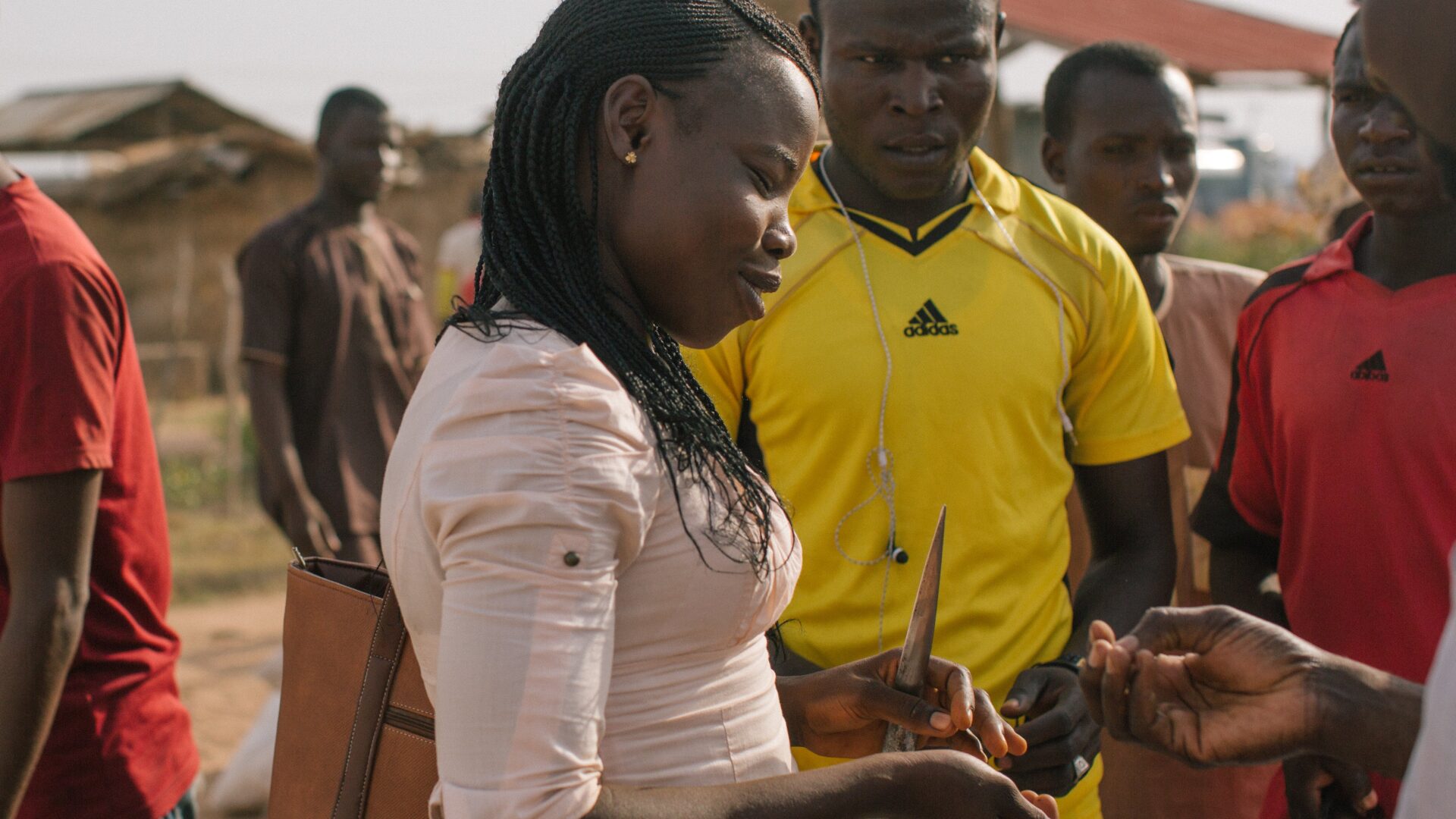
On October 19, 2021, the Georgetown Institute for Women, Peace and Security, the PRIO Centre on Gender, Peace and Security (PRIO GPS), and the Permanent Mission of Norway to the United Nations jointly launched the 2021-2022 Global Women, Peace and Security Index (WPS Index). Below are the reflections of Daphne Jayasinghe, a panelist and policy director of the International Rescue Committee (IRC). Watch a recording of the launch event on YouTube.
Laraba is a businesswoman, trailblazer and survivor in northeast Nigeria. In 2014, after an armed group took her village, Laraba fled and settled in Yola, where she’s since set up her own business selling grains. When the pandemic struck in 2020, her business came to a halt. To make matters worse, her mother and sister fell ill. “The expenses kept coming one after the other, coupled with a stagnant business… it really affected me.”
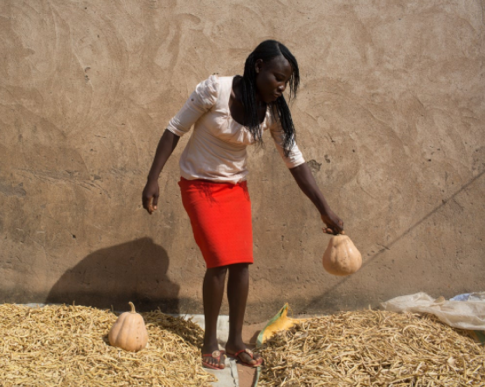
Laraba’s story is, sadly, not unique. This month, the Women Peace and Security Index 2021/22 and Restoring Resilient Futures – a new report by the International Rescue Committee (IRC) and the ODI – shed important new light on how COVID-19 is intensifying the marginalization of women affected by crisis and conflict.
The 2021 Index applies a new lens on forced displacement, measuring for the first time the disadvantages experienced by these women. Before the pandemic, displaced women experienced an average disadvantage of about 24 percent compared to host community women across all indicators of inclusion, justice, and security. They generally faced much higher risks than host community women of violence at home, were consistently less likely to be financially included, and often felt less free to move.
The IRC is on the frontlines of humanitarian response in some of the countries performing worst in the Index, including in Afghanistan, Yemen and the Democratic Republic of Congo, Syria and South Sudan. We’re particularly concerned about these trends, and now, the effect of the COVID-19 pandemic on the inclusion and safety of women.
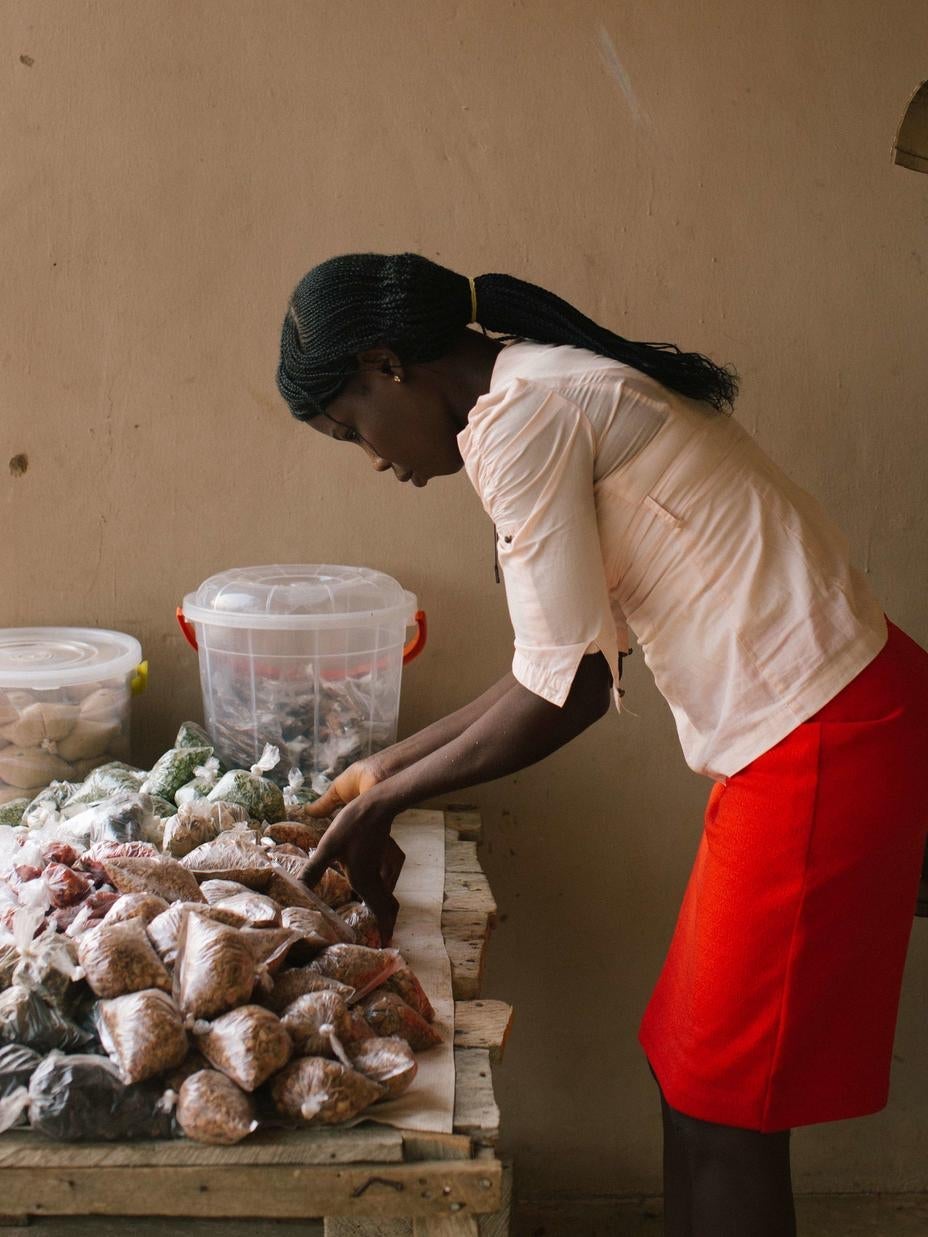
Brand-new findings from the IRC and ODI suggest that COVID-19 is already compounding the disadvantages found in the Index. Our report surveyed conditions in Greece, Jordan, and Nigeria and found that women had 47% lower odds of having earned income over the pandemic. Displaced women specifically faced greater disadvantages: in Jordan and Nigeria, for example, a higher proportion of displaced women (82.5%) stated that their economic situation had worsened compared to women in the host community (72.6%). Displaced women were also more likely to report having to borrow money to meet expenses, with a third of displaced women in Greece and 67% in Jordan reporting having to do so.
Why is this? Displaced women already faced barriers like mobility restrictions, restrictions on the right to work, narrow employment sectors for non-nationals and onerous ID requirements. As a result, they were more likely to rely on informal work – such as work in food retail or producing for urban markets – which was devastated by COVID-19, with the ILO estimating a pandemic-related decline in earnings for informal workers of up to 82 per cent in low-income countries. Even those in formal work were likely to be in sectors that were hit hardest by the effects of lockdowns such as retail, hospitality or beauty services.
The Index also shows all women are facing growing threats to their safety in the wake of the pandemic and, in the five countries measured, levels of current intimate partner violence were higher among displaced women than among women in the host population. This trend is reflected in a 2020 IRC safety audit that found across the 15 countries included, economic hardship exposed women to greater risk of violence and exploitation, both inside and outside the home. For example, the closure of schools and limited access to remote learning opportunities left adolescent girls at risk of sexual exploitation, early pregnancy, and forced marriages. Marginalized women, particularly women living with a disability and older women, suffered the risk of confinement with an abuser. As a national gender-based violence (GBV) expert reported: “The economic situation…weakens women’s agency to say no because they have lost jobs. The people abusing them are the people on whom they are depending.”
These are sobering findings. Yet while the pandemic continues to pose a critical threat, it also affords opportunities to build an inclusive recovery. The global response to COVID-19 has showed us that when words are matched with action, a rapid and effective social protection response – worldwide – is possible. What’s more, we know what works: inclusive economies that are open to women and refugees alongside gender equal laws; investments in women’s rights organizations on the front line of crisis contexts, fighting a daily battle against gender discrimination; economic recovery interventions that support social safety nets and cash transfers in the short term and, in the longer term, combine a package of inclusive financial services with employment and enterprise support.
This takes political will, visibility and resources: the political will to intentionally include displaced populations; the visibility to measure and assess their needs; and the resources to truly and fully meet those needs, which have grown in the wake of the pandemic.
Most importantly, an inclusive recovery must reach those who were already in danger of being left behind and at risk of violence and exploitation. This means women, and especially women affected by conflict and displacement.
These are women like Laraba, who, with emergency cash assistance from the IRC, was able to pay her family’s medical bills and keep her business afloat, providing a lifeline for her family and the community. “After the pandemic, I have big plans for my business since it did not fold up…one day, by this time next year, my shop will be transformed.”
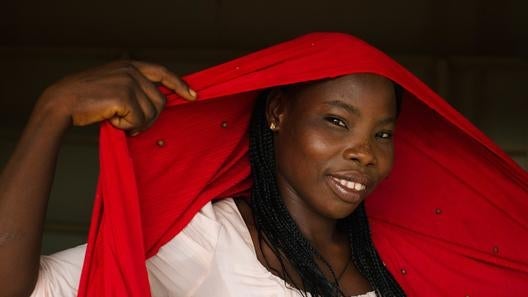
Daphne Jayasinghe is the International Rescue Committee’s Director of Policy, Europe. Her work includes influencing policy makers in improving aid for refugees, through economic programs that meets their needs.
Photos of Laraba are from the International Rescue Committee.
Explore More
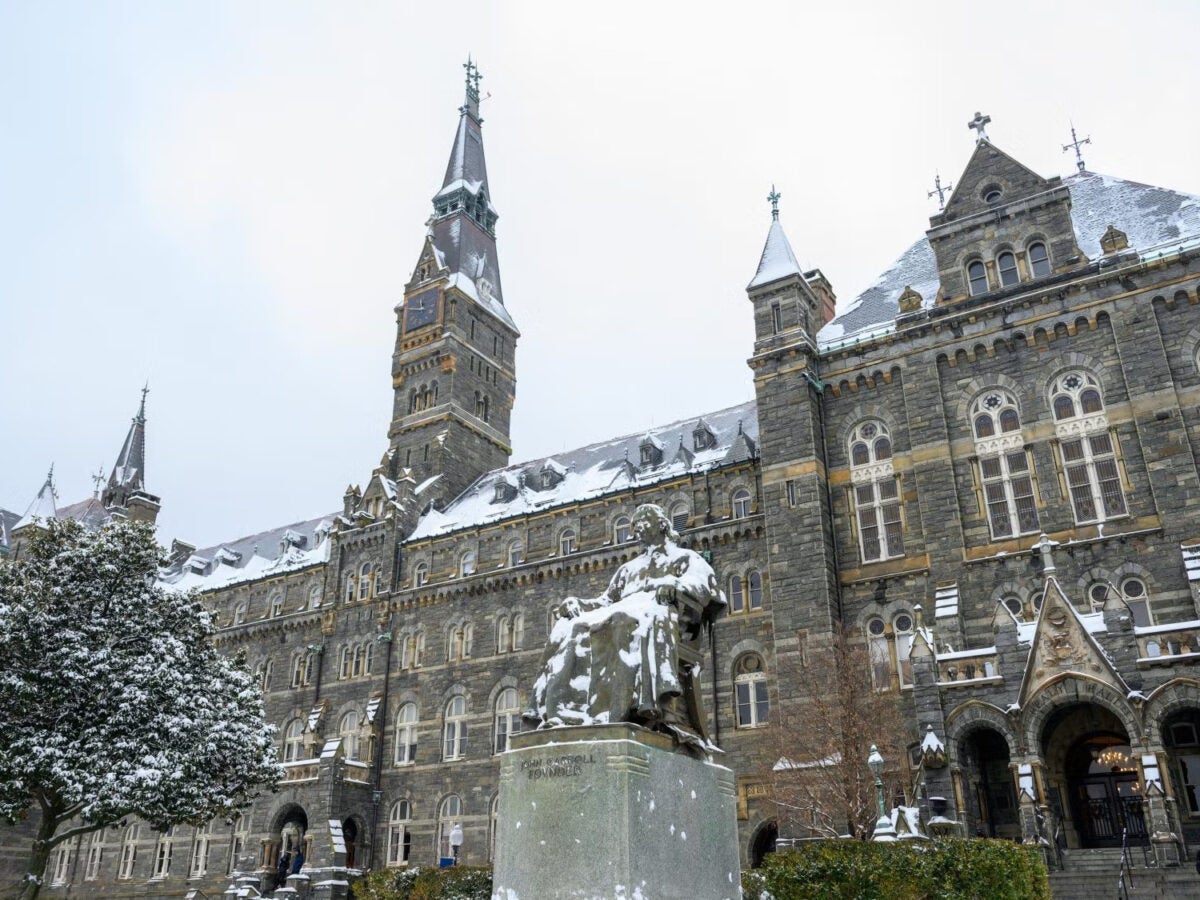
End of Year Reflections
This year has been particularly challenging for peace around the world, with…
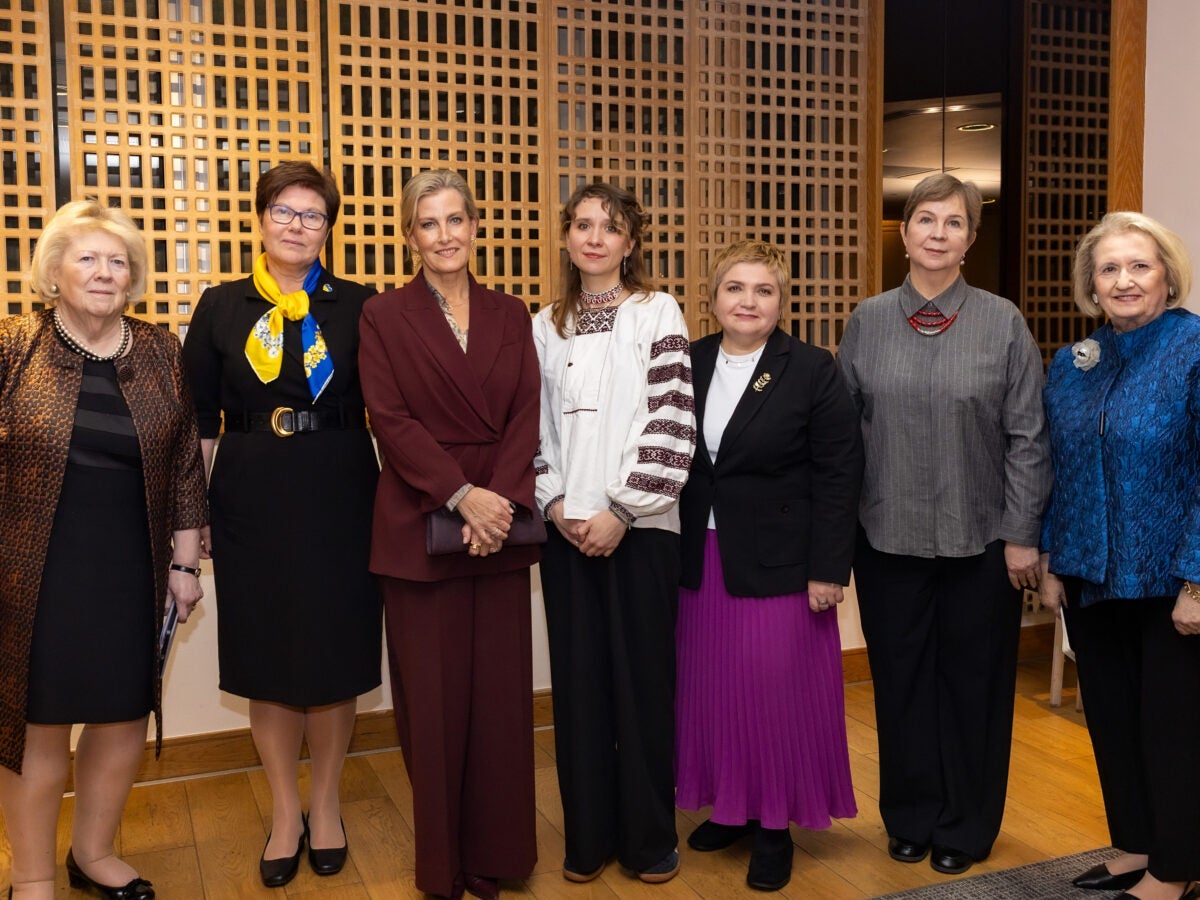
“No Amnesty, No Silence:” Ukrainian Women Urge Accountability for War-Time Sexual Violence
Last week, the Georgetown Institute for Women, Peace and Security (GIWPS) brought…
